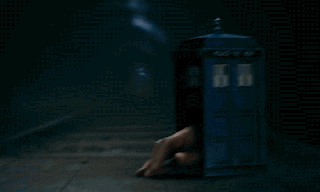Round Two - The Last Breath of St Kilda
|
|||
|
|||
|
|||
|
|||
|
Quick Reply
Shoutbox
Radin: I'm too busy for Inklings tonight, but in the future my skype is my email address. Warcraftwiz03@hotmail.com
Aug 27, 2016 19:08:51 GMT -5
Injin: How long has this dragon been here!? Since May? Quick, summon a knight to appear in December!
Sept 16, 2017 13:57:00 GMT -5
Orombur: I wouldn't exactly call myself a knight, but I'm the best you've got.
Dec 23, 2017 16:13:10 GMT -5
Jenny (Reffy): Woo! Orombur saves the day and slays the dragon ... or mostly just shows it the door.
Dec 26, 2017 7:09:25 GMT -5
lokencerberus: I hope you are well. My heart has always belonged to you, and it always will. I wish nothing more than for you to smile that radiant smile ever day of your life. -Blakeslee
Mar 30, 2020 2:26:20 GMT -5
lokencerberus: I would give anything for hear from you. blakesleeb@gmail.com
Mar 30, 2020 2:33:26 GMT -5



